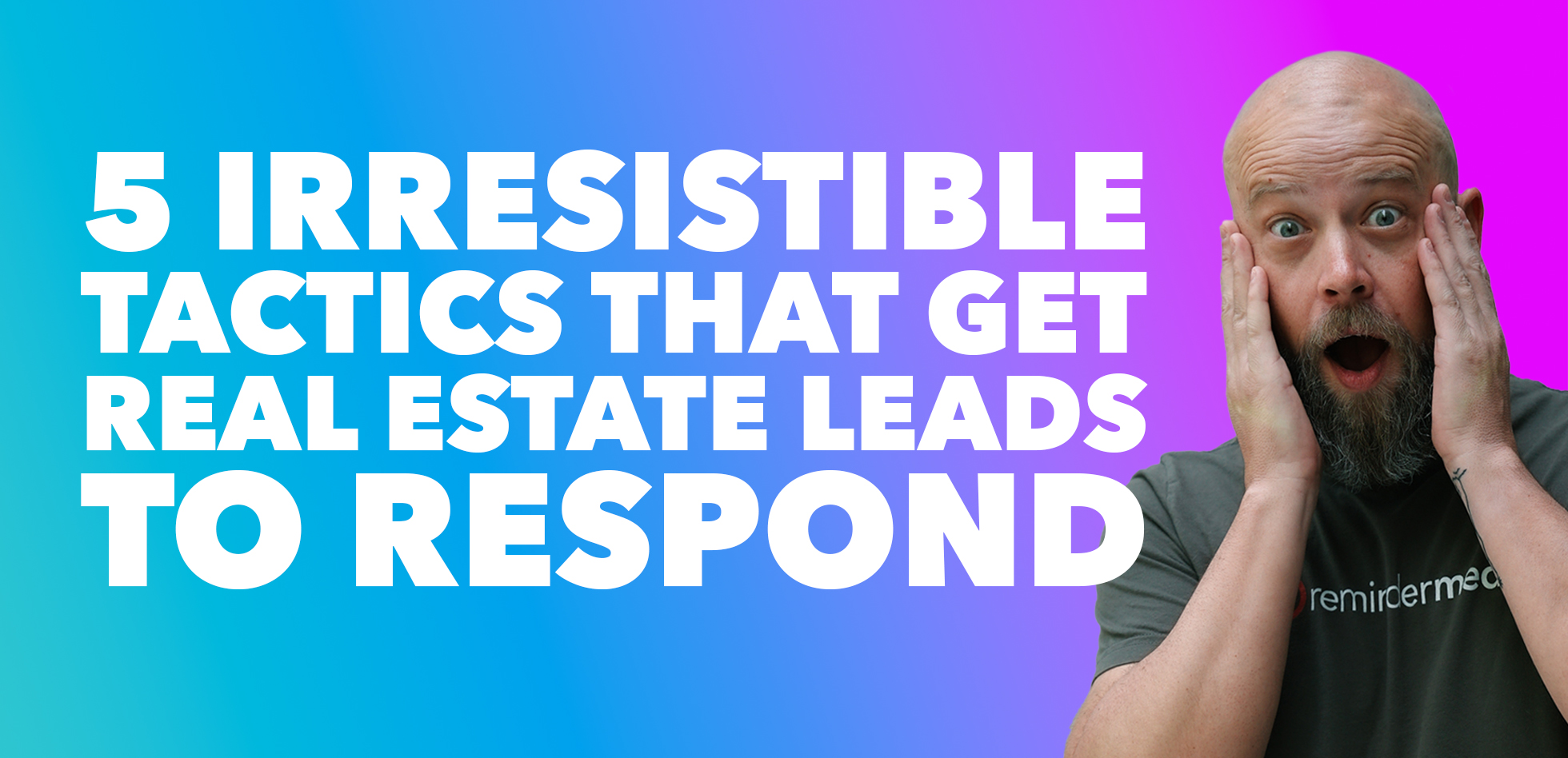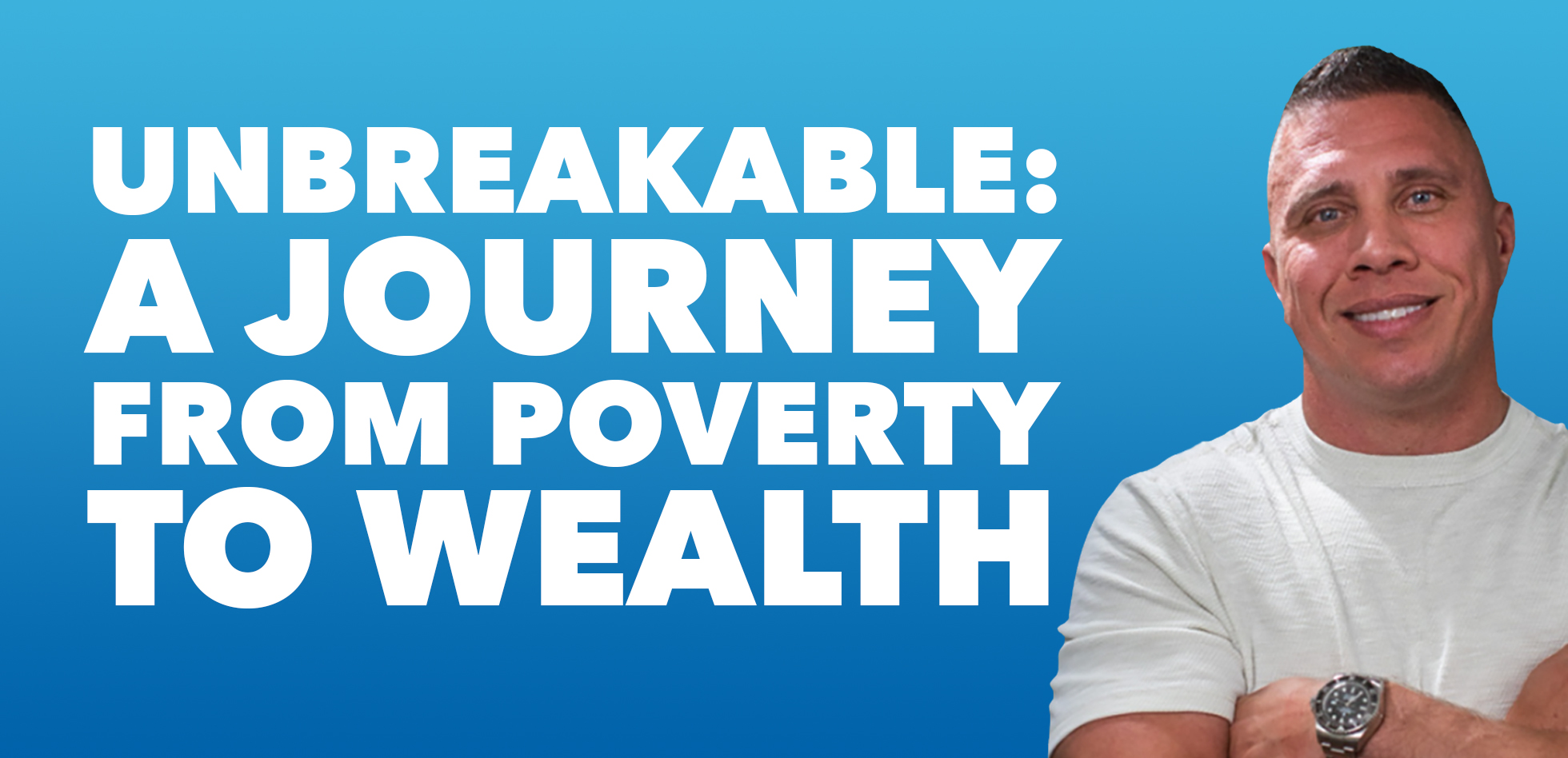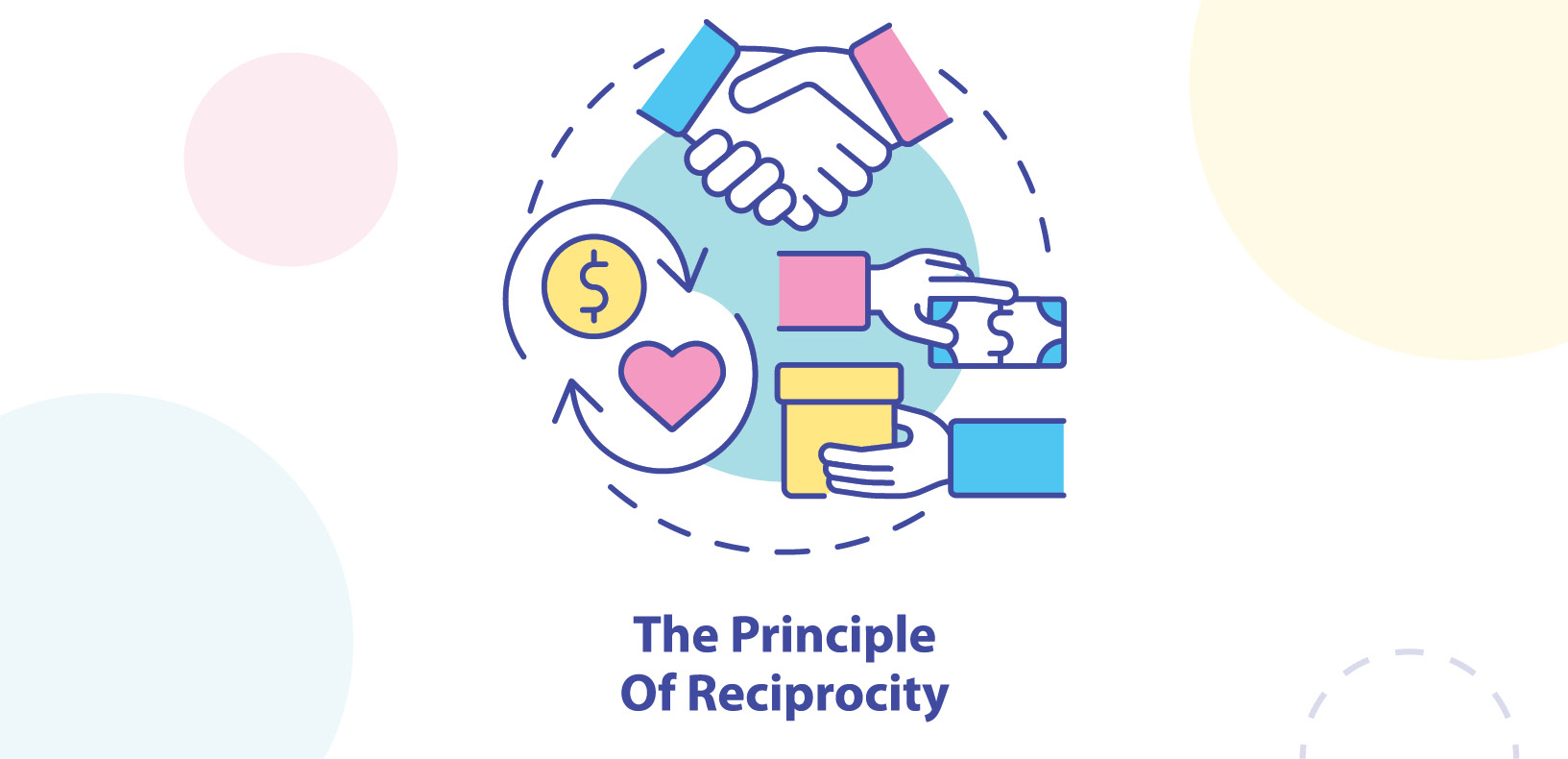Partner with These Businesses to Get Free Real Estate Leads
Forming an agreement with strategic partners to share referrals is among the fastest, easiest ways to get real estate leads. Get your FREE referral partner worksheet here.
A large host of studies report that referrals are among the most trusted sources of product and service information and that referred leads close faster, are more loyal, have a higher lifetime value, and produce more referrals. (You can find several curated referral statistics, including some specific to real estate referrals, here.)
But getting more free real estate leads isn’t the only reason to create a network of referral partners. When you work with a referral partner, you:
- Can build greater awareness of your brand.
- Have the opportunity to access their network of contacts.
- Will save money if you agree to share select marketing costs.
- Could benefit from an exclusive agreement to refer only each other’s products and services.
- Are able to offer clients additional value in the form of trusted referrals to services they need.
Before moving on to discuss who Realtors® should partner with, let’s first distinguish these kind of referral partnerships from other types of referral programs with similar goals.
What is a referral partner program?
A referral partnership exists when one business agrees to promote and refer customers to another business in exchange for a benefit or perk. In the case of referral partnerships between real estate agents and strategic partners, as discussed here, the benefit would be reciprocated referrals.
Another type of referral partnership is that between real estate agents. When an agent refers a buyer or seller to another agent, they receive a part of that agent’s commission. It’s a lucrative arrangement, and there are agents who are licensed and work solely as referral agents.
Finally, affiliate programs (or associate programs) are arrangements where commissions are paid to affiliates who market another person’s or company’s products or services. For example, a social media influencer who partners with an online business and includes a link to that business’s website can receive a commission whenever their followers use that link to visit the site and make a purchase.
Who should Realtors® partner with?
When seeking referral partners for your real estate business, you want to find business owners who routinely serve the same clients but do not compete with you for those clients.
To identify these businesses, consider who homeowners most often work with. Reflect on the types of questions clients frequently ask you, and then identify which professionals have the answers and can provide needed help.
Below is a list of 25 referral partner candidates perfect for real estate agents.
Relocation
1. Lenders
2. Mortgage brokers
3. Insurance brokers
4. Lawyers (including estate planners)
5. Movers
6. House inspectors
Home care
7. House cleaners
8. Interior designers
9. Furniture companies
10. Building supply stores
11. Maintenance professionals
Trades/services
12. House painters
13. Roofers
14. Lawn care specialists
15. Electricians
16. Plumbers
17. Heating and air conditioning (HVAC) technicians
Now let’s think a little outside the box and focus on your farm and the local businesses that operate within it.
Neighborhood businesses
18. Doctors
19. Dentists
20. Restaurants
21. Hair stylists and barbers
22. Daycare facilities (for kids and pets)
23. Coffee shops
24. Bakeries
25. Auto repair shops
These are only a few of the many businesses that likely provide services to people who live in your target area. They also happen to be some of the most often requested, and most greatly appreciated, recommendations by people new to a neighborhood. Real estate is a contact sport—the more people with whom you can be in contact, the better it’ll be for business. Reach out to these business owners as you investigate whether a referral partnership could work.

We’ve created a free worksheet you can download here to help organize your outreach to potential referral partners.
Choosing a referral partner
When deciding who to approach for a potential collaboration, think first about the people who you feel most comfortable recommending.
Chances are good that the people you typically recommend are those with whom you already have a personal relationship: your lawyer, your plumber, and your mechanic.
They’re also people with whom you have already done business. And then there are your previous clients who are your best source of new real estate leads because they are already familiar with the quality service you provide.
There are plenty of these people in your sphere of influence, so start to identify potential partners by reviewing your contact database. If you have gaps in your list—let’s say you don’t have a landscaper—ask your sphere for their recommendations. You’ll still need to do your own reconnaissance to determine whether a recommendation is as good as it sounds (you don’t want to tarnish your reputation by offering a bad referral), but at least you’ll have a starting point.
In all instances, you need to ensure that the partnership is mutually beneficial.
Any potential referral partnership needs to be a good fit for both parties. You’ll want to explore a few details before committing, such as whether you both offer the same quality and standard of service and share similar values. In more formal arrangements (see below), you should discuss whether the services or products you each offer are of interest to the other’s client base and whether there is overlap between the profiles of your respective ideal clients (so you aren’t wasting valuable resources on inappropriate referrals).
Determine how formal the agreement should be
So far, this blog post has primarily addressed referral partnerships where the pact is informal. Rather than a contract, there a type of agreement where the integrity of the relationship and trust between the parties are a sufficient basis for the partnership.
Granted, referrals derived from these partnerships may not be as well-qualified as those from other lead sources, but they do serve to get the word out and plant the seeds that can grow into potential new clients. At the very least, if someone has requested a referral from one of your partners, they’re certainly a warmer lead than many others (like cold calls).
Informal referral partnerships are relatively easy to manage. You simply need to:
- Give the referral partners in your network a steady supply of your business cards and request the same from them. Consider providing them with a business card holder for their wallet or purse so they’ll always have them handy. You can also offer a holder for a desk or service counter where your cards can be accessed by customers and clients.
- Present them with ideas and content they can use to mention you in their social media posts and blogs. Be sure to give them a shout-out on your social media as well, especially when you complete a transaction with someone they recommended to you.
- Provide them with display placards or flyers to post in brick-and-mortar locations. Be willing to do the same with theirs.
Above all, you want to communicate with your referral partners frequently and consistently to stay top of mind. Arrange to have coffee, stop by for a quick face-to-face hello, and periodically send a small thank you gift or card.
More formal referral marketing programs can produce better-qualified lead sources, but they require more management and resources. Among the tasks necessary for managing these types of partnerships, you will likely need to create a referral partner marketing agreement, educate them about your ideal client, value proposition, and selling points, and provide monetary incentives.
How to ask for a referral partnership
Given the awesome power of referrals to generate new business, you might think that every potential partner would jump at the chance to exchange referrals with you, but this is not always the case. They may say, “Sure, no problem. I scratch your back; you scratch mine,” yet by the time you turn around, they’ve already forgotten your name. This is because you haven’t demonstrated the value of the arrangement.
One source recommends approaching potential referral partners with the mindset that you have business to offer them. Let them know that you are creating a list of trusted businesses to give to your clients and post on your website. Explain how you frequently have clients that ask you for a good “X,” that you know (ideally through a prior relationship and experience or because you have heard from others) they provide exceptional service, and that you’d be happy to include them on your list if they were interested. (They will be.) In exchange, you can ask that they refer you to their clients and other people they know who could use the services of a real estate agent.
Another way to demonstrate value is to offer an opportunity to share in the cost of select marketing. Clients who use our personally branded magazines will often promote a referral partner on one of the two tear out cards included in every issue or in an advertisement on the back cover. These magazines are wildly impressive, high-quality items of value that you can use to entice your most coveted referral partners.
Custom ads are surprisingly affordable, and the magazine itself costs less than a typical greeting card. Even without a partner’s involvement, you can make promotional copies of your magazine available to their customers or clients by placing a stack alongside your business cards.
Be the first to pass along a referral. The act of giving before taking triggers a phenomenon known as the principle of reciprocity whereby if you do something for someone else, they experience an almost irresistible social need to respond in kind. So when you refer someone to your partner, be sure to let them know. Provide them with the person’s contact information and remind them (in a semijoking but quiet manner) that they owe you one.
The takeaway
This week, use the list of 25 service professionals in this blog post to identify at least five within your local community with whom you could create a referral partnership. Having a network of locally based, strategic partners committed to exchanging reciprocal referrals will not only provide you with free real estate leads but also increase your brand’s awareness, give you access to other business owners’ networks, and offer your clients additional value.
Ideally you’ll want to choose your partners from among your existing relationships; your contact database can be a valuable source of candidates.
Demonstrate the value of a partnership by explaining how you’ll promote their business. Include them on an endorsed list, post their name to your website, mention them in your social media content, or offer them some prime space in your personally branded magazine.
Finally, stay in consistent contact to remain top of mind, and trigger the principle of reciprocity by being the first to provide a referral.
The little effort it takes to create and maintain these referral partnerships is well worth it for the additional exposure and clients they can create.









 Apple Podcasts
Apple Podcasts
 Google Play
Google Play
 Spotify
Spotify





























